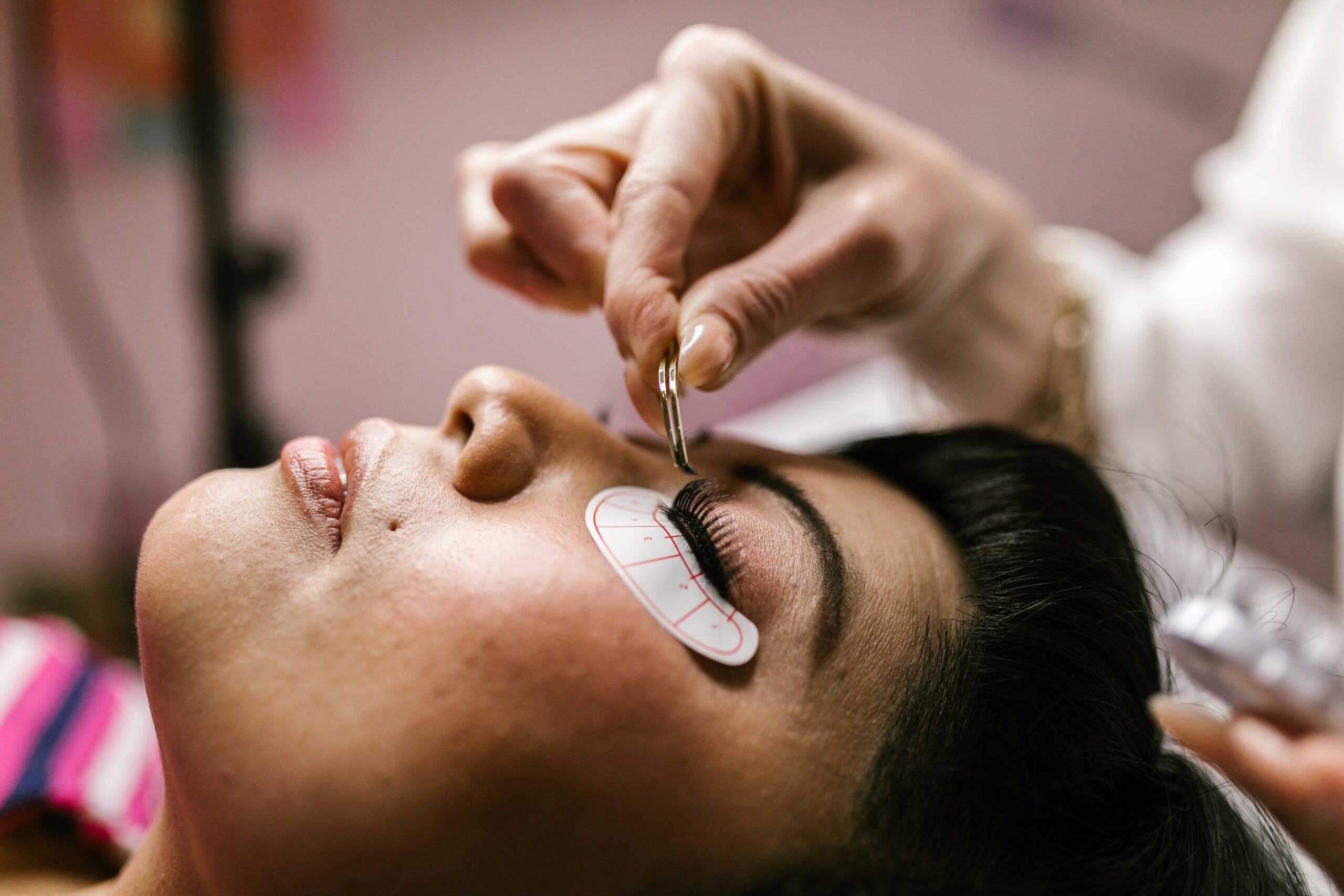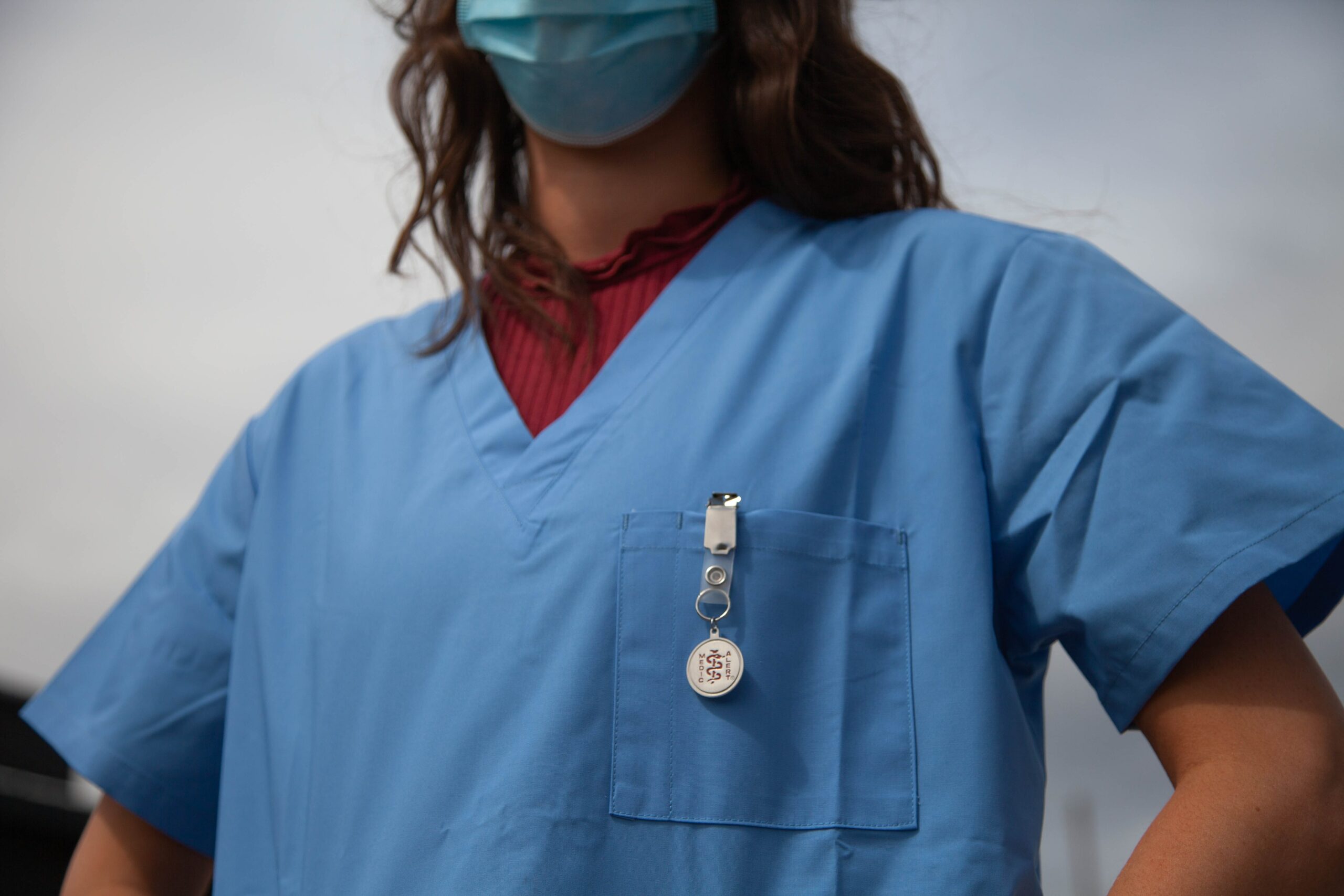Uncategorized
Eye doctors will agree that patients should not neglect their cataracts. At a certain point, the only remedy for cataracts is surgery to remove them. If the cataract has caused vision to become so impaired that you cannot complete everyday tasks successfully, you have likely reached the stage of requiring cataract surgery. Cataract surgery is […]
Read
More
Uncategorized
Eczema is a general term, also known as dermatitis, that describes a dry, itchy inflammation of the skin that can result in rashes, scaly patches, blisters and skin infections. Eyelid eczema affects the thin, sensitive skin around the eyes. Known as periocular dermatitis, eyelid eczema symptoms include redness, dry skin, scaly skin, rough skin, itching […]
Read
More
Uncategorized
Strabismus is a common eye condition among children that occurs when the eyes are not aligned properly. It may appear in children as young as 6 months old, known as congenital strabismus, but it can also appear later in childhood and due to other causes. These include inadequate functioning of the ocular muscles, a refractive […]
Read
More
Uncategorized
Finding the right eye surgeon for your cataract surgery matters. While cataract surgery is the most common procedure performed by an ophthalmologist, it is important to find a doctor that is experienced in cataract surgery as well as one who provides the comfort and assurance you need to feel confident about the outcome. Safety, technique, […]
Read
More
Uncategorized
If you have blurry vision, you may have cataracts. Caused by a clouded lens in the eye, cataracts distort your vision to make images appear hazy, much like a smudged lens on glasses. The good news is that clear vision is just a short surgery away. How long does cataract surgery take per eye? Cataract […]
Read
More
Uncategorized
Contact lenses offer ease and convenience from prescription eyeglasses without the need to wipe smudges from the lenses or worrying about breakage. But contact lenses come with their own set of care. Here are some bad contact lens habits to leave behind: Bad habit #1: Wearing contacts longer than necessary. Eyes need to absorb oxygen […]
Read
More
Uncategorized
Battling dry eyes in cold weather is an unfortunate side effect of mother nature. While those who have chronic dry eye syndrome experience symptoms year-round, the discomfort can worsen in the dryness of winter. Common dry eye symptoms include red eyes, burning, stinging, itchiness, the feeling that something is in the eyes, light sensitivity, contact […]
Read
More
Uncategorized
Changes in the eyes alert us to vision problems but did you know that even when no symptoms are present, your eyes may act as an early warning system to indicate other health problems in the body? Your vision has a lot to say about your overall health. Regular eye exams can provide early detection […]
Read
More
Cataracts
While cataracts are most often associated with natural aging, cataracts can develop in anyone, regardless of age. Causes of premature cataracts include injury, disease, radiation exposure, reaction to prescription medications, congenital conditions, eye surgery, and lifestyle choices such as smoking and obesity. Congenital cataracts will likely be treated right away to help prevent vision loss […]
Read
More
Cataracts
The key to preventing vision loss, changes to vision, and the development of eye conditions such as cataracts, begins with regular eye exams. By scheduling your annual exam with CLIENT NAME, testing will evaluate the health of your eyes as well as provide you with treatment options that include prevention of certain eye diseases. While studies […]
Read
More















